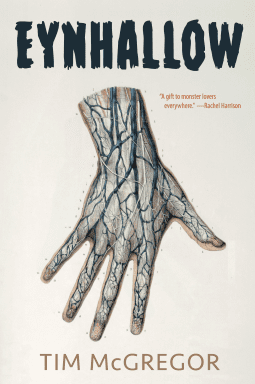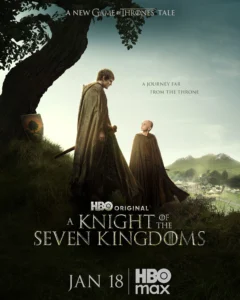
Synopsis:
ORKNEY ISLANDS, 1797 – Agnes Tulloch feels a little cheated. This windswept place is not the island paradise her husband promised it to be when they wed. Now with four young children, she struggles to provide for her family while her husband grows increasingly distant.
When a stranger comes ashore to rent an abandoned cottage, Agnes and the other islanders are abuzz with curiosity. Who is this wealthy foreigner and why on earth would he come to Eynhallow? Her curiosity is soon replaced with vexation when her husband hires her out as cook and washerwoman, leaving Agnes with no say in the matter. Agnes begrudgingly befriends this aristocrat-in-exile; a mercurial scientist who toils night and day on some secret pursuit. Despite herself, she’s drawn to his dark, brooding charm. And who is this Byronic stranger sweeping Agnes off her feet? His name is Frankenstein and he’s come to this remote isle to fulfill a monstrous obligation.
Review:
A windswept, sorrow-soaked gothic novella that lures you in and leaves you stranded, Tim McGregor’s “Eynhallow,” is bleak, beautiful and deeply unsettling. Set against the cold and indifferent tides of the Orkney coast, McGregor explores themes of womanhood, autonomy, isolation, and the cost of ambition. Part “Bride of Frankenstein,” retelling, part horror folk ballad, this starts with a whisper and ends with a scream, and clings to your skin like salt.
It’s 1797 and we follow Agnes Tulley who (with her vile husband and 3 children) makes up one of the four families living on Eynhallow. Agnes is built like a warrior but lives a quiet and dull life, bound by circumstance. Her husband is a brute twenty years her senior, the other islanders view her as an outsider despite the fact she’s lived there twenty years, and her life since has been one long, insufferable grind, in which her only comfort are her children, of which 4/7 are still alive. Things change when a strange man arrives on their shores. Mr. Tulley is quick to auction off his wife’s services (cooking and cleaning) and whilst her initial interactions with the European stranger are brief and strange, the two quickly begin to build a relationship, and Agnes finds herself entangled in his obsessive work.
In Tim McGregor’s novella, the island of Eynhallow itself is not just a sick title or isolated setting, but almost its own character, a living thing. It exists, but you can only visit once a year, and it hasn’t been lived on permanently since a plague hit in 1851. So, it’s a bad-ass place to set a horror novella anyway, literally ripe for it, but in McGregor’s hands, the bulk of the revulsion I felt throughout stemmed not from anything supernatural, but the cruel hand Agnes is dealt by her husband, the island, and frankly life. Her physicality alone marks her as different, unfeminine, unwieldy, a woman out of place. She is a wife shackled to a violent husband, a mother who has lost three children, and viewed as an outsider by her community. She is tethered by her children and her marriage, and the routine she has built, to this island, yet also in a constant state of separateness, and of course makes for an excellent protagonist. Whether the islanders know it or not, Victor Frankenstein’s reputation precedes him, and it’s really no surprise that he, an outsider, is quick to build a cautious but mutual understanding with Agnes.
There is no shortage of horror books that riff off of “Frankenstein,” and whilst, yes, the Modern Prometheus is a masterpiece, I don’t think it’s unfair to say that in weaving it in, McGregor risked drowning in a vast sea of retellings. What sets this one apart however is that rather than allowing a certain scientist to (literally) sail in and assume the role of main character, Frankenstein is only really there to help us better understand Agnes. Victor’s presence on Eynhallow does not introduce the horror element,but amplifies the horror that was already there. He stays true to Shelly in that Victor is obsessed with creation but terrified of what he has created, the opposite of Agnes, who has endured the horror of creating in a world where that is what her worth is equated to, and treasures her children. She is the counterpoint to Victor’s rejection of responsibility, and endures, mothers, and nurtures, even when she is given nothing but abuse in return.
A gothic tragedy of the highest order, “Eynhallow,” is a tale of monstrosity and motherhood, autonomy and erasure, survival and sacrifice that moved me (who is hard as nails) to tears. McGregor didn’t write a Frankenstein retelling but dissected the Modern Prometheus, stitched it into something wholly original and breathed new, terrible life into it. He took one of literature’s most notorious unfinished creations and finally, devastatingly, triumphantly completed her.











Leave a Reply